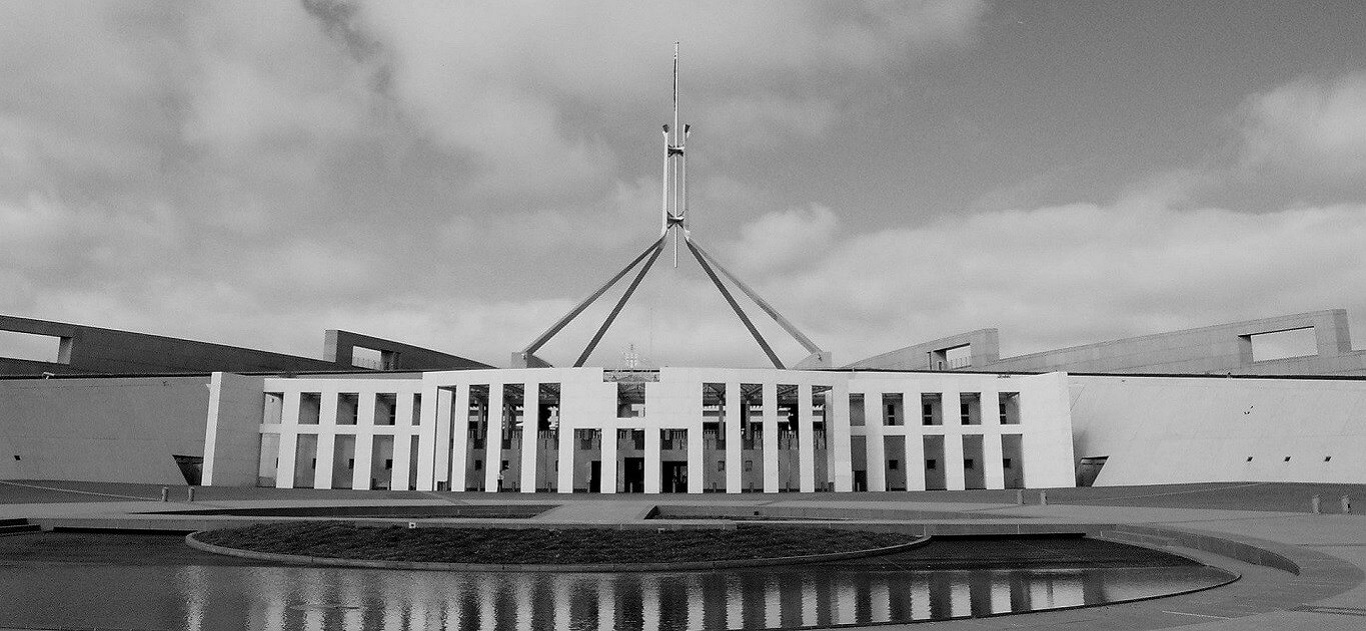-
Jobkeeper wage subsidy
The federal government will subsidise employee salaries of $750 per week for a 6 month period commencing on 30 March 2020. This is a total of $19,500 per resident employee. It wont help a business that has no revenue, no cash reserves and no work for employees but will be a big help to businesses that are currently unprofitable but still viable.
Pros:
- It is likely to be the single largest source of support to businesses.
- Can re-instate/re-assign employees and change their pay & conditions.
Cons:
- It is administratively complicated.
- Employer must pay salaries first and wait 1-2 months to receive the subsidy.
- On-costs (Super, Workers comp etc) may still apply.
- Temporary residents and most casual employees do not qualify.
-
Jobseeker benefit
The new name for the dole. Temporarily increased to $558 per week ($14,504 over 6 months). All of the usual restrictions such as waiting period, assets test & interviews have been removed or relaxed.
Pros:
- Most unemployed Australian Residents between ages of 22 & 66 can qualify.
Cons:
- Is only a temporary boost and will go back to half that level after 6 months.
- Centrelink cannot handle the increased workload which makes it hard to apply.
-
PAYG withholding subsidy
Covers 100% of PAYG withheld from employee salaries for the period 1 January 2020 to 30 June 2020. Minimum payment is $20,000 and maximum is $100,000. Payments will be made in 2 installments on 28 April and 28 July.
Pros:
- Will be paid automatically through the quarterly activity statements.
Cons:
- Only applicable to businesses that have employees (not contractors) already on the books.
- Payment is made 1-3 months after the cost is incurred.
-
Early release of Superannuation
This is the most controversial policy announced by the government and has already been the subject of legal enforcement by ASIC against real estate agents promoting it. For many people it will not be beneficial to do this and it may be difficult to obtain financial advice. Applications commenced on 20 April with the first payment of $10,000 before 30 June and the second payment of $10,000 between 1 July and 24 September.
Pros:
- Payments are non-taxable.
Cons:
- Must be unemployed or meet one of the other conditions.
- You will be selling out of super when the market is down and reducing your retirement income.
- Some Super funds have indicated that they may have difficulty making these payments.
- It was already your own money.
-
Commercial/Residential Rent Amnesty
This is also a controversial policy because landlords will bear the brunt of the costs of this policy and the details of it are confusing. Landlords will be prevented form evicting tenants who do not pay rent during this crisis. They may be able to recover rent in the future and access bonds/security deposits at a later date.
Pros:
- For many businesses rent is a significant percentage of their fixed costs.
- Market rents are falling and it creates an opportunity for both parties to negotiate realistically.
Cons:
- It’s possible that both tenants and landlords will lose out from this policy.
- Likely to be harmful to your reputation as a tenant.
-
Bank loan repayments suspended for six months
Banks are allowing their customers to cease repayments however they will continue to charge interest. The default interest rate has been reduced to equal the normal interest rate during this period.
Pros:
- Could be a significant reduction in cashflow pressure to borrowers
Cons:
- Interest is still being charged so is of no benefit if you are able to continue making repayments.
- Could be harmful to your credit rating.
-
Economic Support Payments to Pensioners and other Centrelink beneficiaries
The first payment of $750 was paid between 12 March and 13 April. The second $750 payment will be paid after 13 July.
Pros:
- No action required.
Cons:
- Second payment doesn’t apply to Jobseeker beneficiaries.

